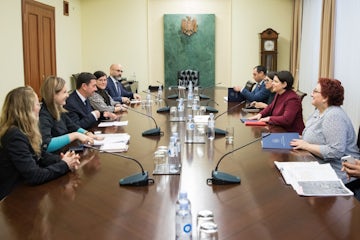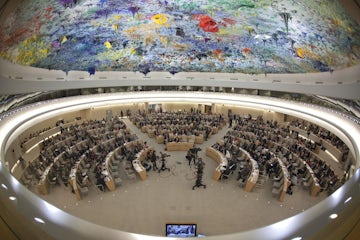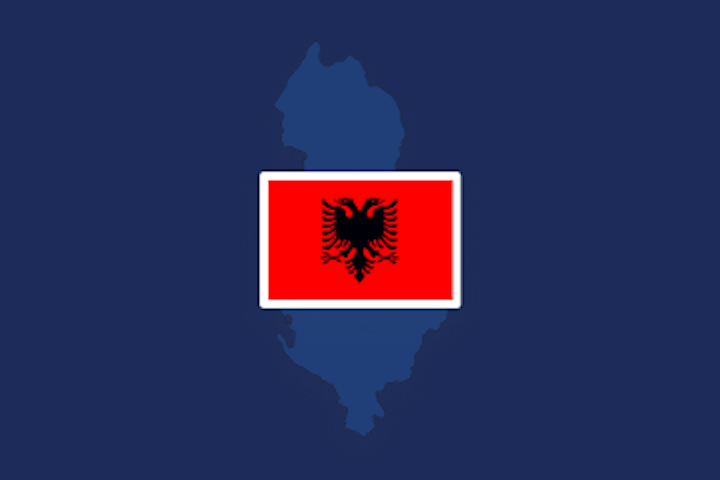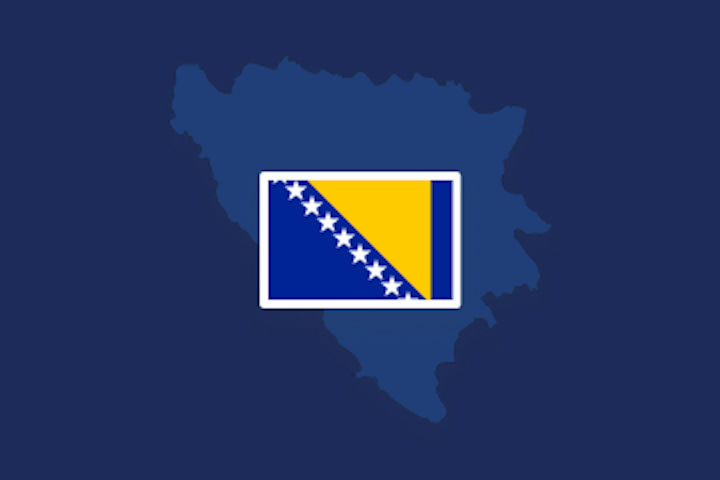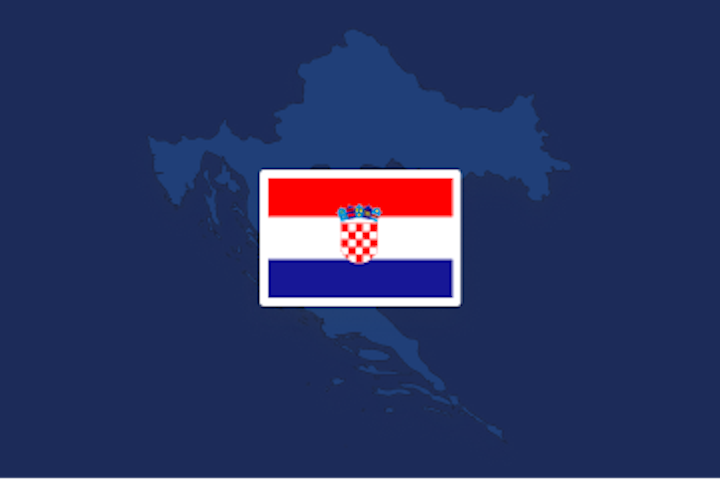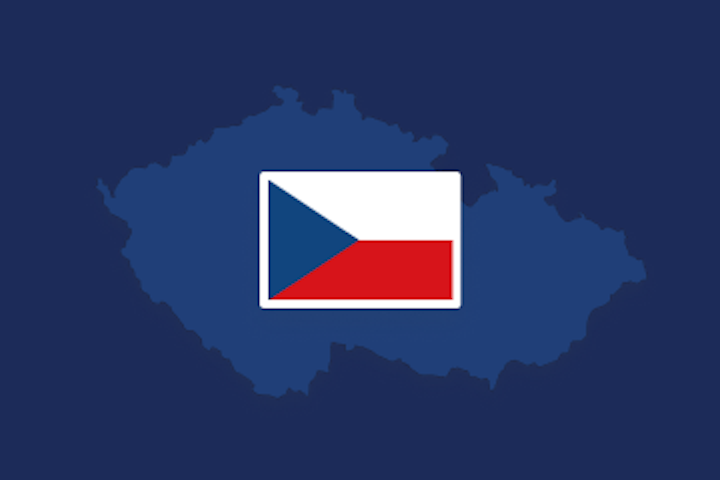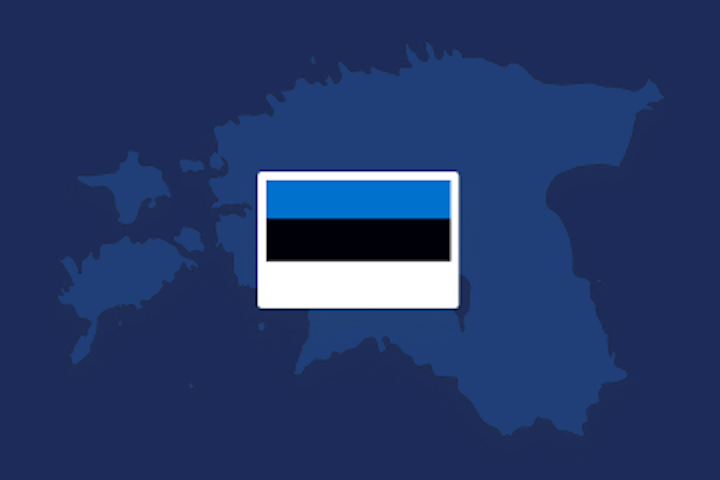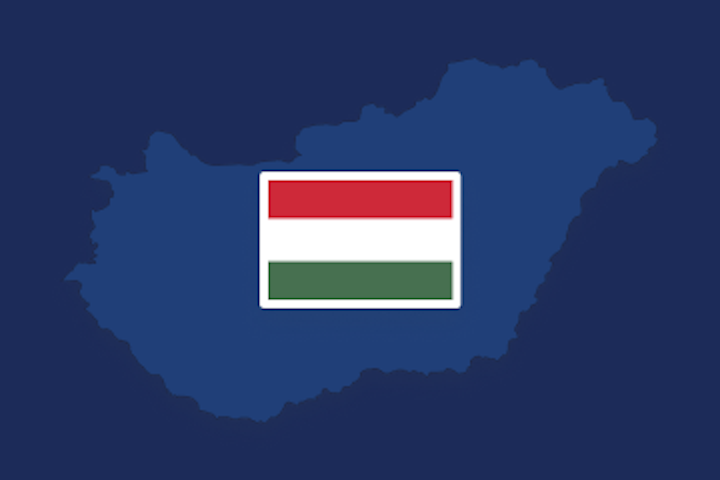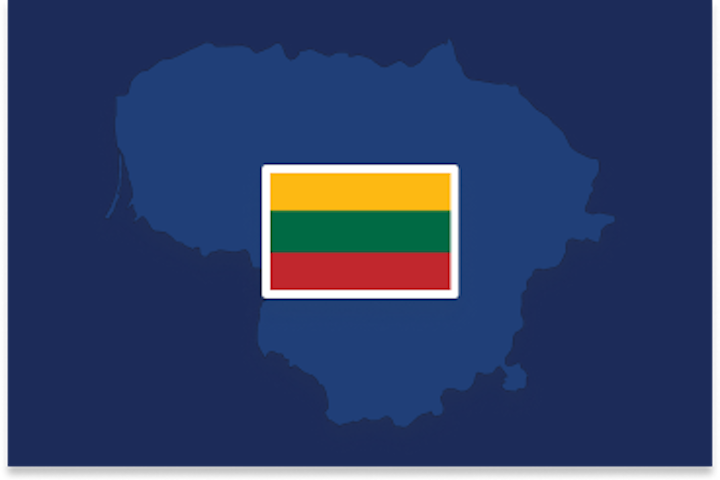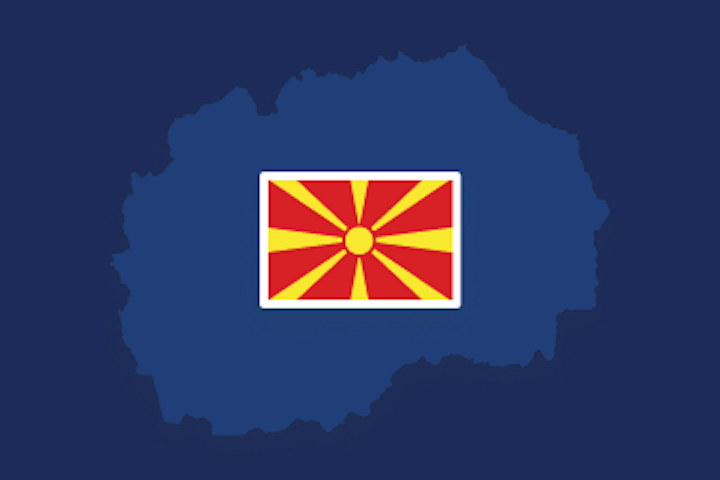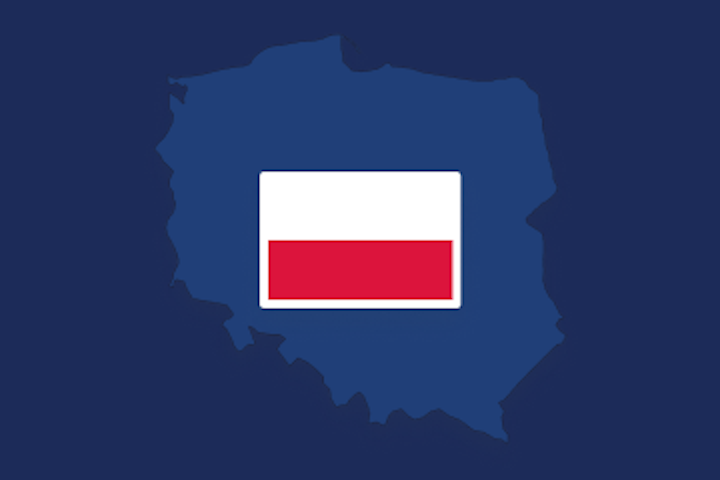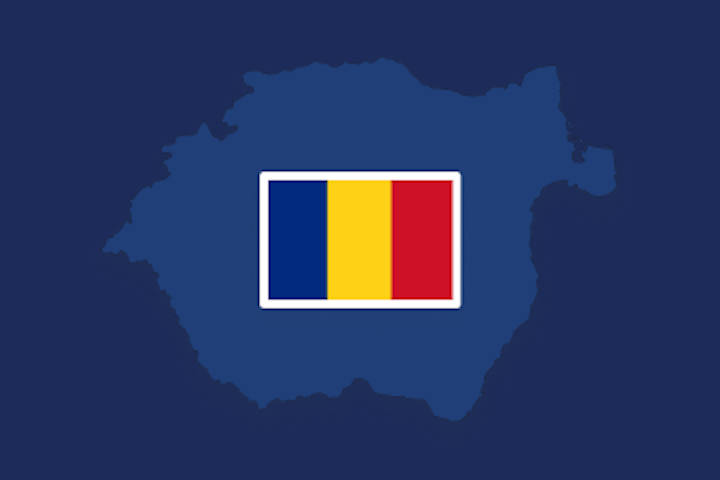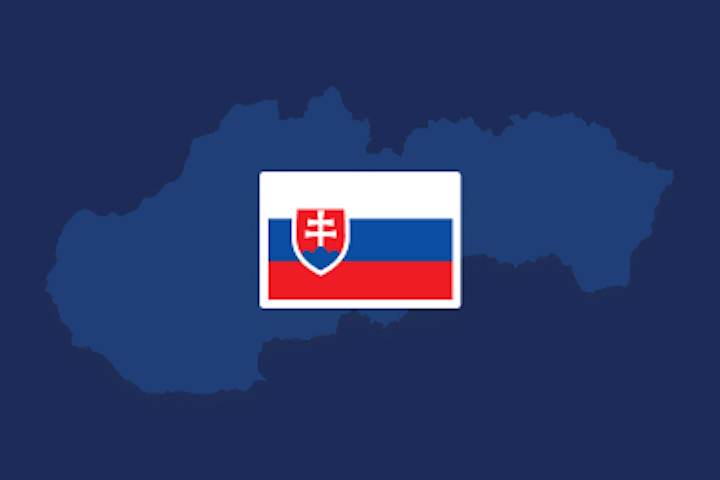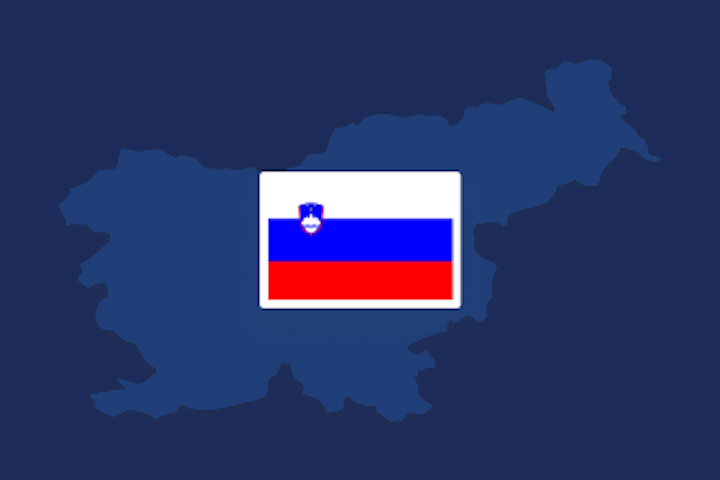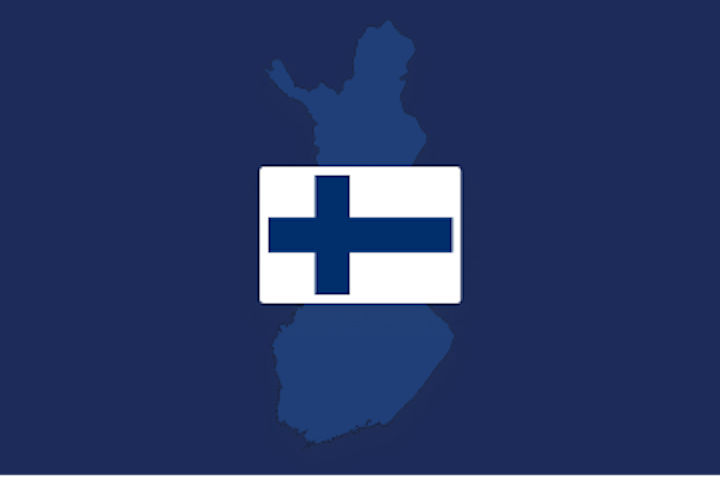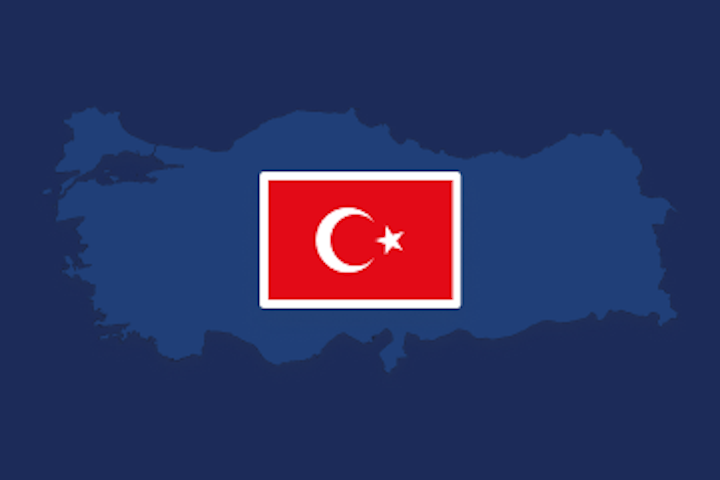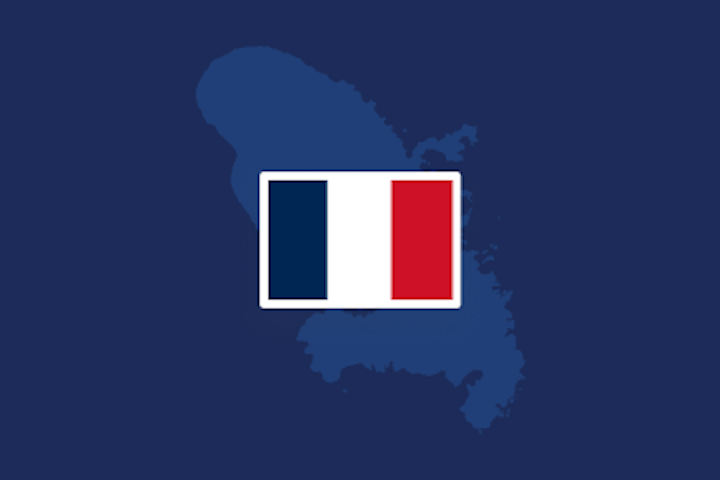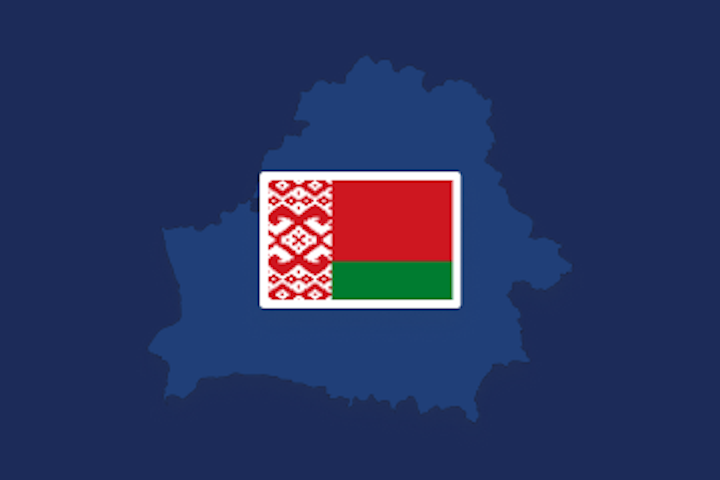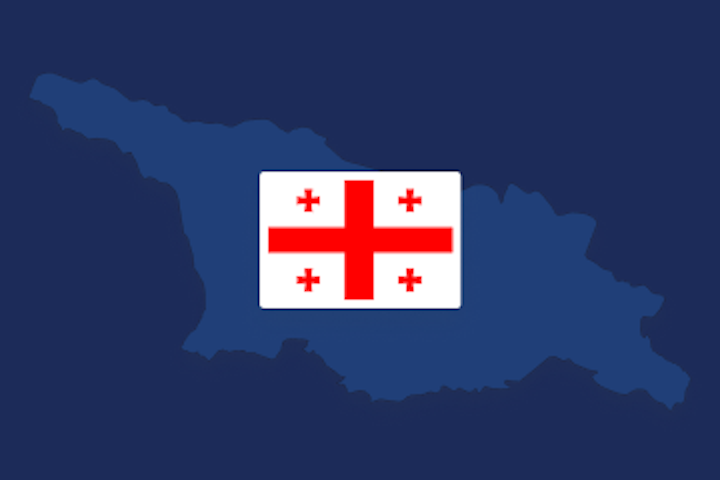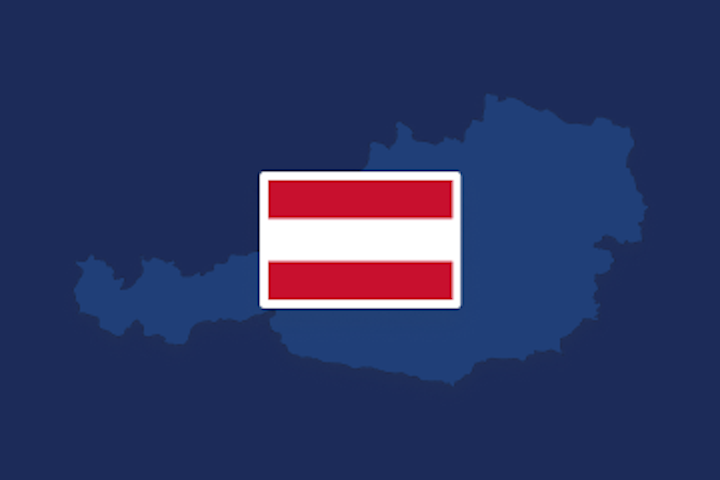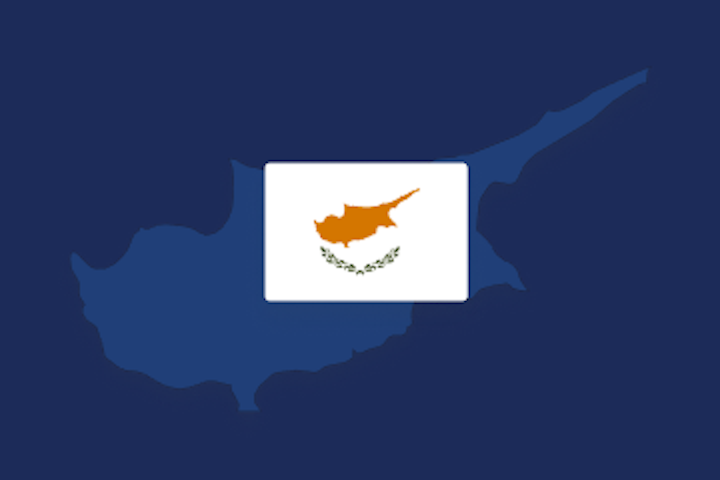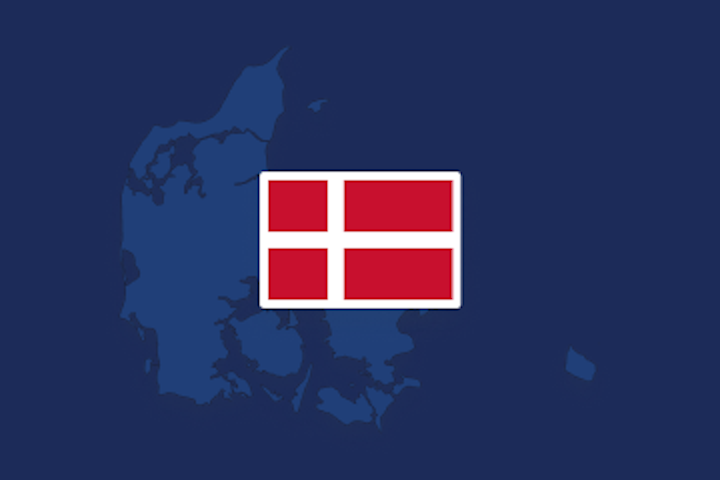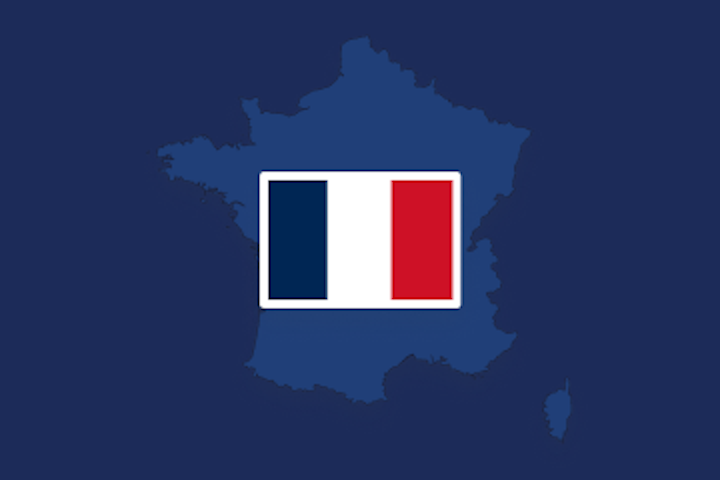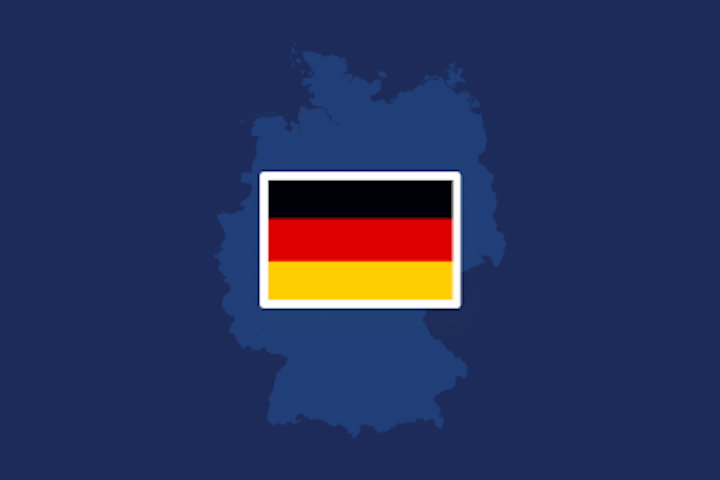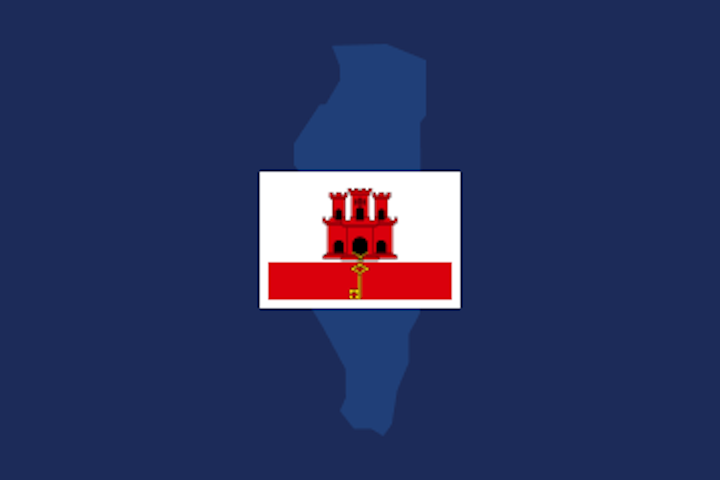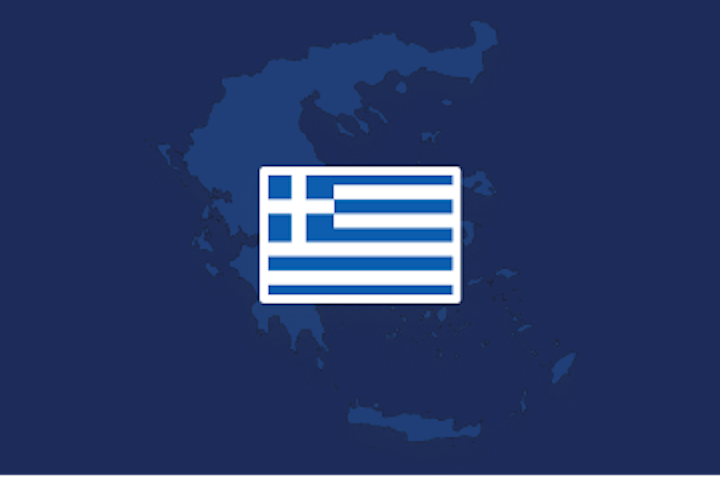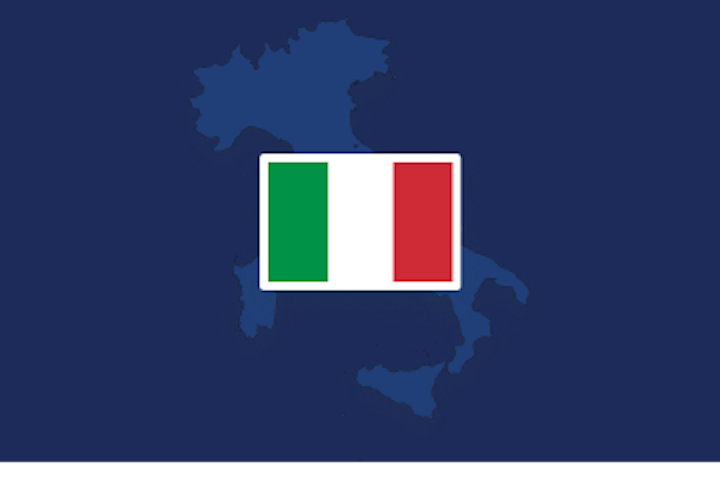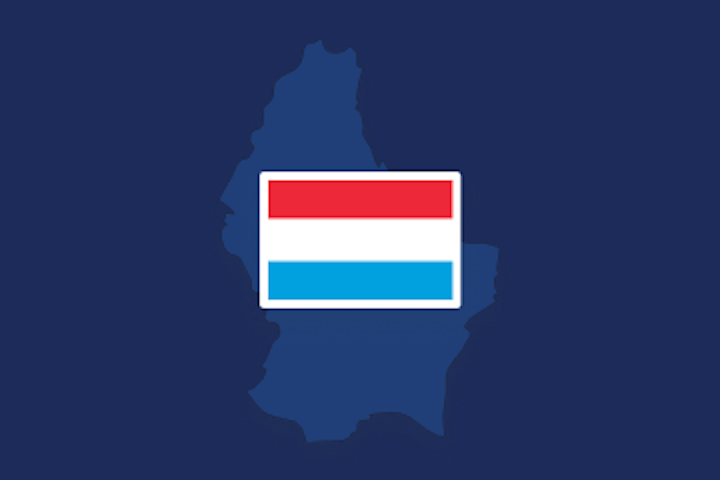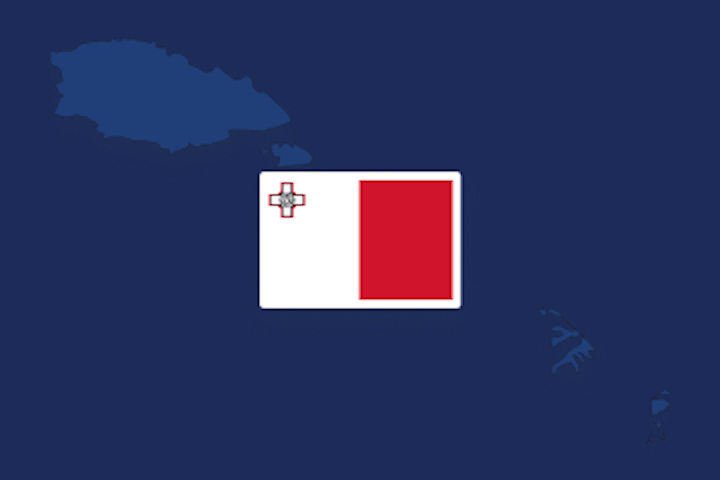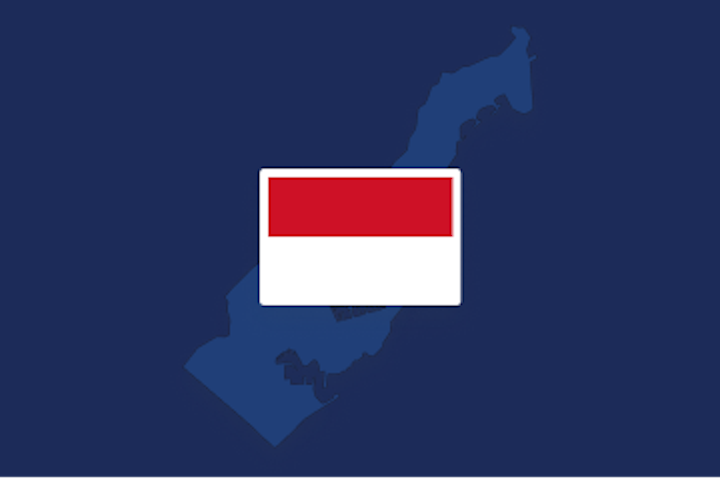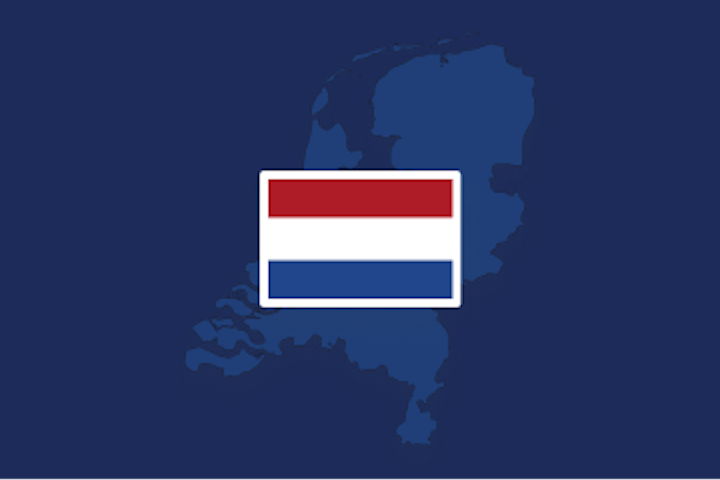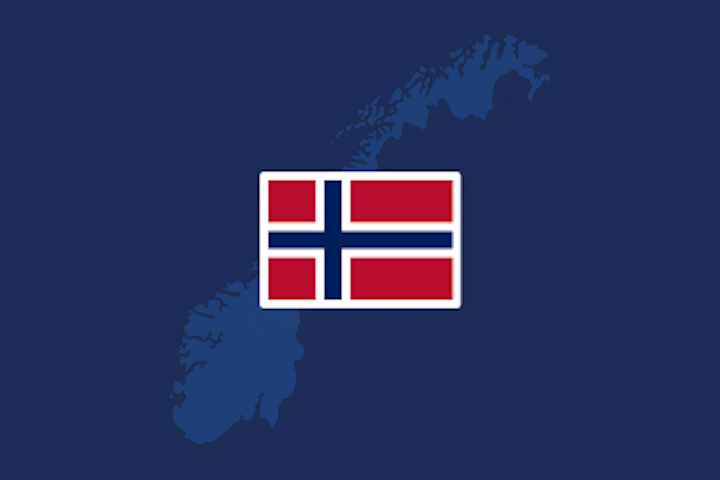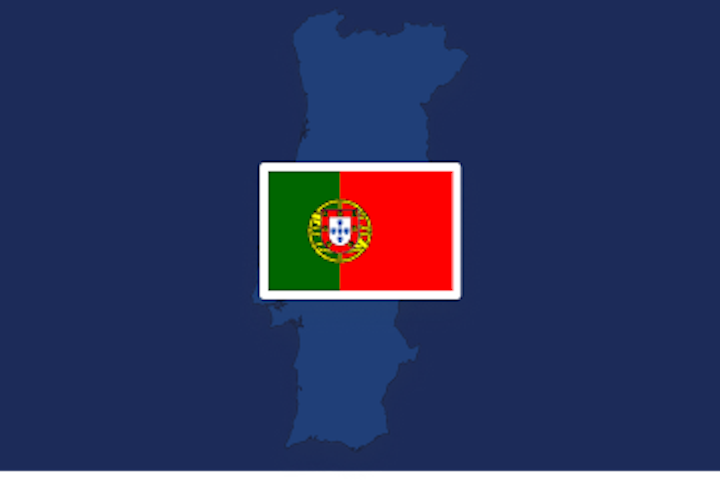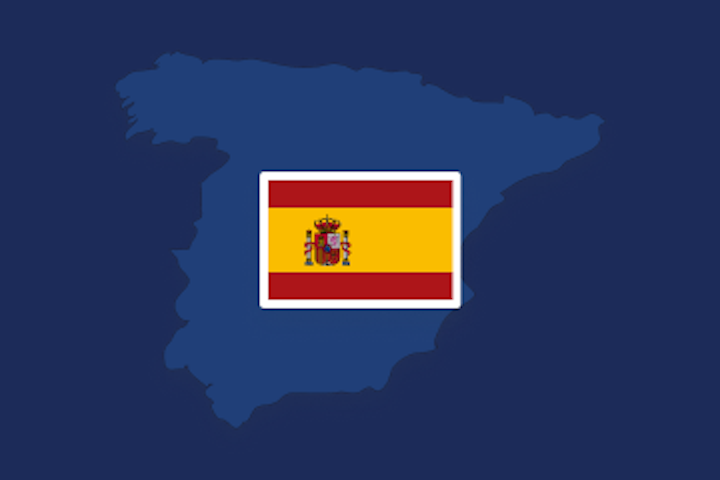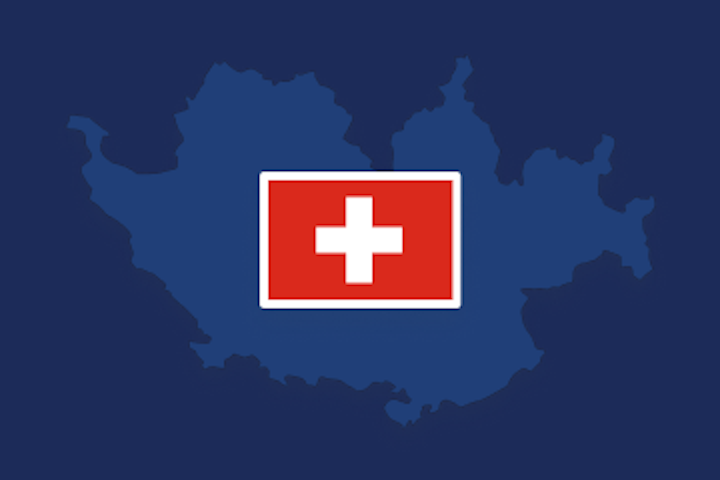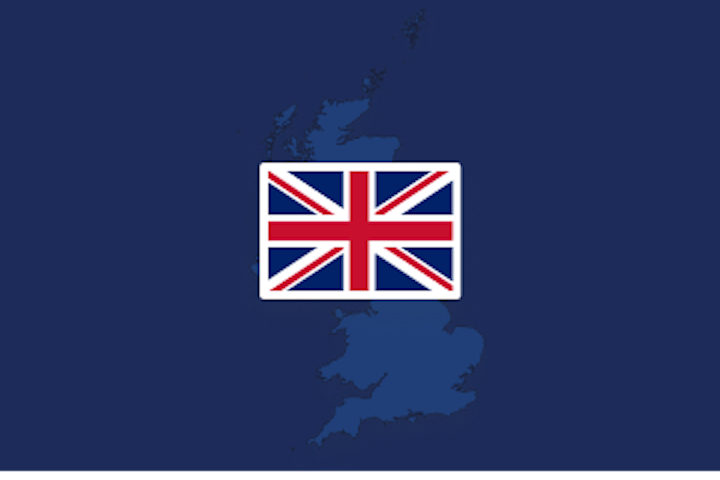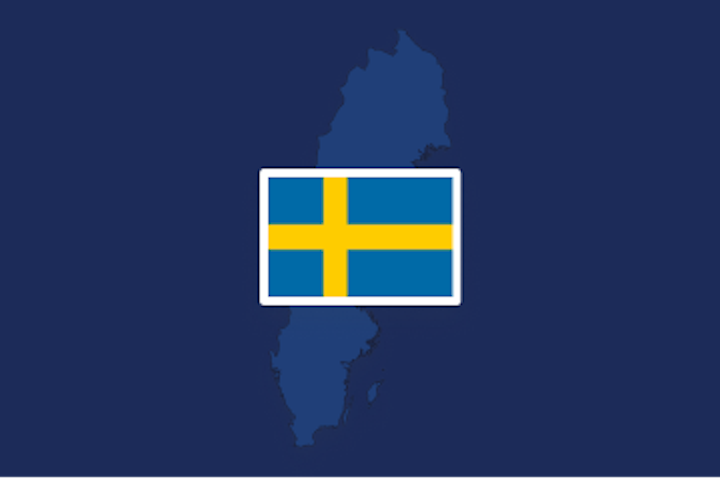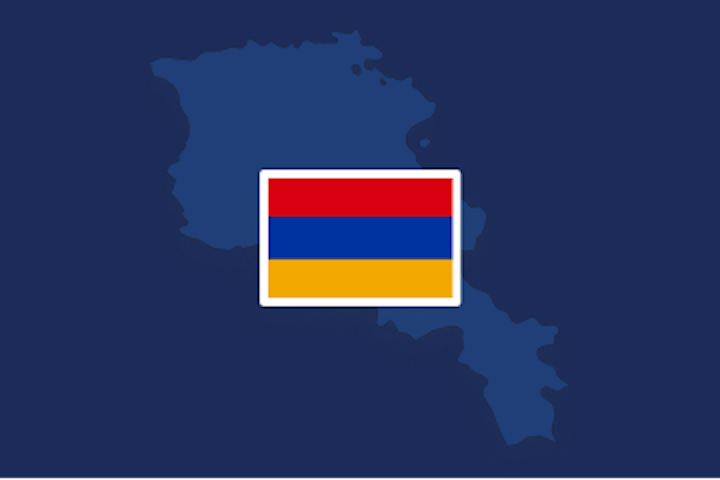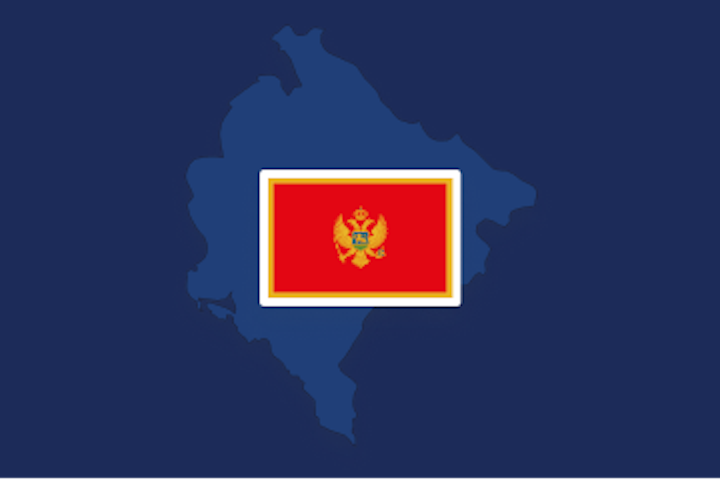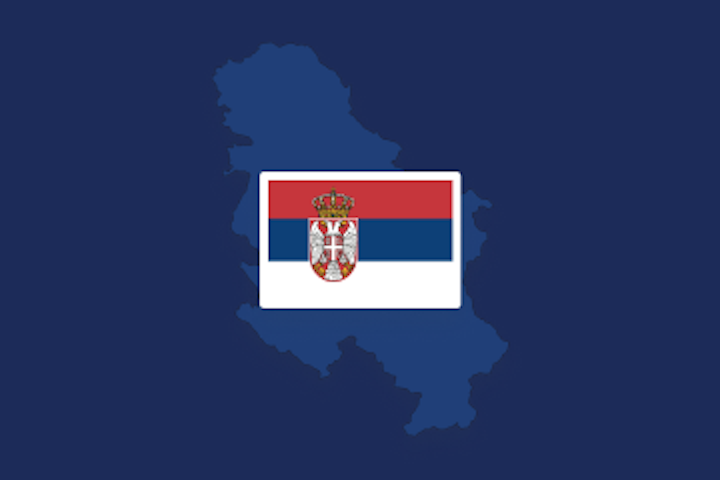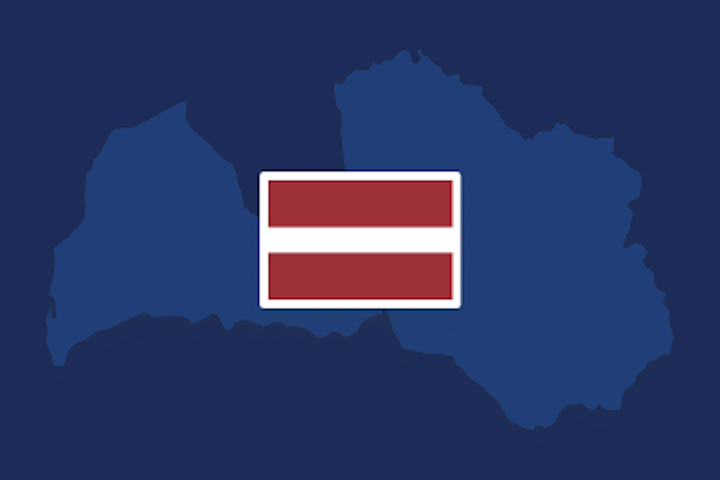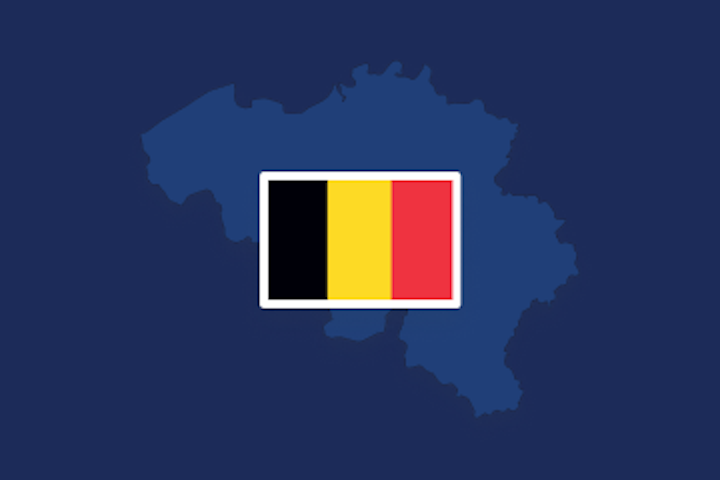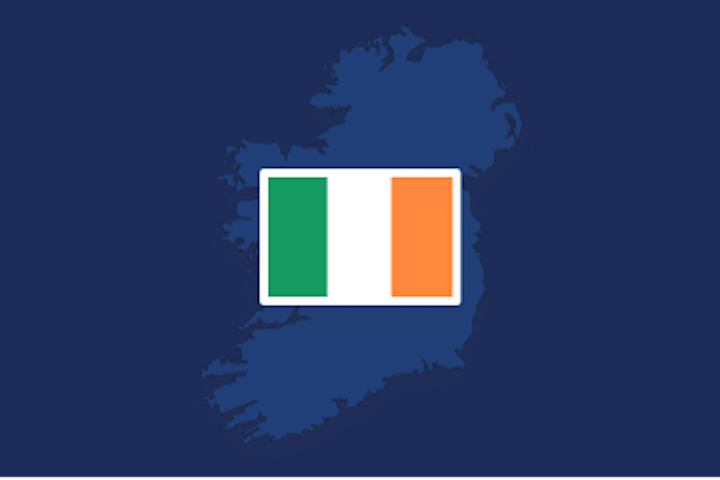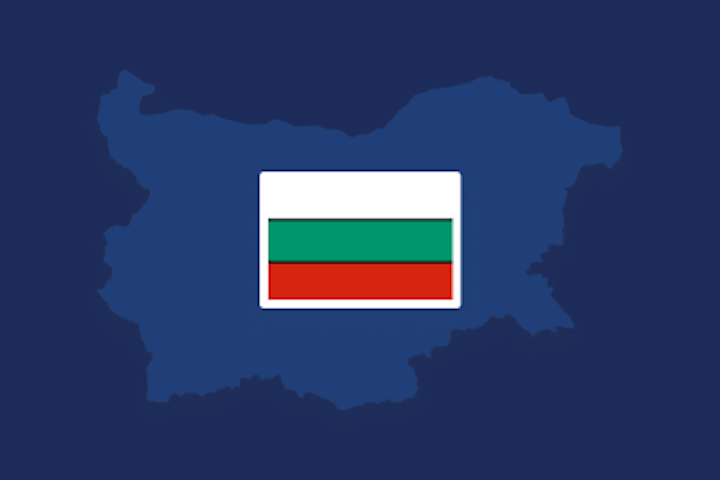The Moldovan Jewish community is represented by the Jewish Community of the Republic of Moldova, the Moldovan affiliate of the World Jewish Congress.

Telephone: +373(22)509689
Email: office@jcm.md
Website: https://jcm.md/en/
Social Media:
Facebook: Еврейская Община Молдовы / Jewish Community of Moldova
Instagram: @jewish.moldova
X: @jewish_moldova
YouTube: Jewish Community of the Republic of Moldova
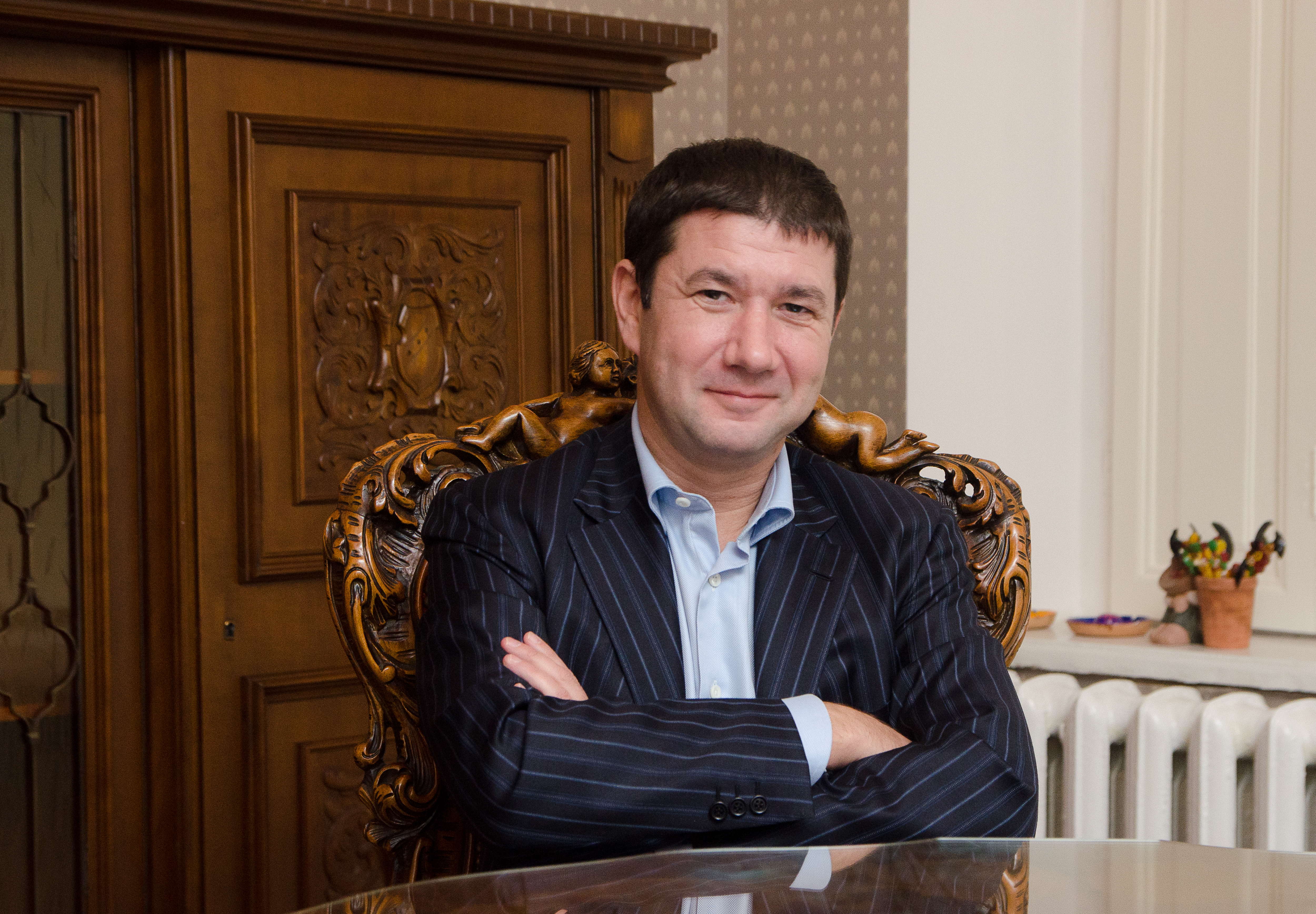
The first Jews appeared on the territory of modern Moldova in the first century with the Roman legions. In the 15th century, it was an important transit stop for Jewish merchants from Constantinople and Poland; by the 18th century, several permanent Jewish communities had been established in urban developments. The 1803 census indicates that there were Jews living in all 24 Moldovan cities, as well as in many villages and towns.
With Russian rule in 1812, there was a permanent and steadily increasing Jewish presence in Moldova. The Draconian anti-Jewish decrees in Russia did not initially affect the Jews of Bessarabia during this period, but the full loss of autonomy in Bessarabia to Russia saw these laws equally applied in the region. Various decrees of expulsion were issued, and for some Jews in Bessarabia, these measures sparked an interest in Zionism. The First Zionist Congress in 1897, for example, saw many Jews in the region represented by Jacob Bernstein-Kogan from Kishinev, the modern capital of Moldova.
By this time, the Jewish population continued to grow and constituted almost half of the entire population of Kishinev. However, tension with Moldova’s population coincided with this continued communal growth. Pogroms like the one in 1903 that claimed hundreds of innocent lives were a result of familiar "blood libels" and came from the accusations of the Bessarabian Russian-language newspaper. Additionally, thousands of people lost their homes as a result of the Russian and Romanian violence. The 1903 pogrom was especially noteworthy since it incited resentment on a global scale; thousands of Moldovan Jews emigrated, and the United States publicly condemned the massacre and imposed trade restrictions against Russia. Despite this, more violence in 1905 saw the deaths of countless Jews across Moldova.
In 1917, Bessarabia became part of a territory controlled by the Soviet Union, and a year later, it became a part of Romania within the “Union.” The Jewish community in the area was given Romanian citizenship and was able to open Jewish day schools with instruction in Yiddish and Hebrew. Manifestations of antisemitism and violence continued to reveal themselves, despite promises from the Russian Revolution of some sort of civic equality for Jews in the Soviet Union.
Following the integration of Bessarabia into Greater Romania in 1918, Jews were granted Romanian citizenship but encountered heightened suspicions and discrimination from the authorities. Throughout the 1930s, state antisemitism in Romania escalated, creating increasingly challenging conditions for the Jewish community. This period was marked by economic hardships and political tensions, affecting all residents, including Jews. The combination of discriminatory policies and societal hostility created a hostile environment for Romanian Jews, exacerbating their already precarious situation within the broader social and political landscape of the time.
During World War II, Moldova fell under Soviet control as part of the Moldavian Soviet Socialist Republic. Initially, Soviet policies suppressed religious practices and cultural activities, including those of the Jewish community. Post-war resettlement efforts saw the return of many Jews who had fled during the conflict. Throughout the Soviet era, policies towards Jews in Moldova fluctuated, with periods of relative tolerance alternating with restrictions on religious and cultural freedoms. Despite these challenges, a sizable Jewish community persisted in Moldova during this time, navigating the complexities of Soviet rule while maintaining their cultural identity and heritage as best they could.
In 1992, Moldova was torn apart by a civil war that resulted in the division of the country into two separate parts: the Republic of Moldova to the west of the Dniester and the self-styled Moldovan Soviet Socialist Republic of Transnistria to the east of the river. In response, the Federation of Jewish Organizations and Communities (Va’ad) in Moscow and Israeli organizations arranged for the evacuation of the Jewish population. In the aftermath of all the violence and turmoil, the fall of communism and the establishment of democracy in Moldova allowed Jewish life to begin to flourish again.
Following independence in 1991, Moldova underwent profound economic and political transitions, affecting all segments of society, including the Jewish population. The early 1990s witnessed a notable exodus of Jews from Moldova, primarily to Israel, driven by both economic prospects and political instability. This wave of emigration resulted in a marked decline in the size of the Jewish community, with estimates indicating a significant reduction compared to previous decades. Notwithstanding these events, the Jewish regional communities on both sides of the Nistru River are closely cooperating and form a single national organization.
Despite the dwindling numbers, concerted efforts were undertaken to preserve Jewish identity and heritage in Moldova. Initiatives led by institutions such as the Chabad community and cultural centers in Chisinau aim to maintain and foster Jewish cultural life. However, economic factors remained pivotal in driving the emigration trend, as many individuals sought better opportunities abroad amidst the challenges of the post-Soviet transition.
In recent years, the Jewish community in Moldova has stabilized to a population of around 10,000 people, with most residing in Chisinau. Historic sites related to Jewish heritage, previously neglected, are gaining renewed interest and attention from authorities and preservationists, yet challenges such as demographic decline, economic factors, and cultural preservation remain pertinent for the Jewish community in modern Moldova.
Overall, Moldovan Jewry has experienced significant historical transitions, from the interwar period and Soviet era to the post-independence era, with each period shaping the community's dynamics, challenges, and efforts for renewal and preservation.
In the years preceding World War II and the Holocaust, the Jewish community in Moldova had reached a peak in population and was a large community within the country despite inflammations of antisemitism throughout the early half of the 20th century.
In June 1941, Nazi Germany and its ally Romania initiated Operation Barbarossa, launching an invasion of the Soviet Union. As part of this campaign, Romanian forces swiftly occupied Bessarabia and northern Bukovina, territories now within the boundaries of present-day Moldova and Ukraine. The Jewish population in these regions faced immediate and brutal persecution, enduring mass killings, forced labor, and deportations to concentration camps. Thousands fell victim to organized pogroms orchestrated by Romanian authorities and aided by local collaborators.
Transnistria, located east of the Dniester River, emerged as a harrowing site of suffering for Jews. Converted into a vast ghetto, it became a place where tens of thousands perished due to starvation, disease, and the brutal living conditions imposed upon them. This period stands as a dark chapter in the history of the Jewish community in Eastern Europe, marked by unspeakable atrocities committed under the shadow of war and occupation.
The aftermath of the Holocaust in Bessarabia saw many Jews emigrate to Israel. Overall, more than 100,000 Jews from Bessarabia perished during World War II and the Holocaust.
Following the war, the Moldovan Jewish community faced numerous hardships, including being forbidden to practice many Jewish traditions. This was largely due to the Soviet Union’s imposition of strict communism on its satellites, which aimed at forcing some semblance of a shared culture on many different communities, Jewish ones included. The 1961 ban on celebrating bar and bat mitzvahs further reinforces this.
Soviet policies included limitations on Jewish religious practices, the closure of synagogues, and the suppression of Jewish cultural institutions. Yiddish language and cultural expression were particularly targeted. Economic opportunities were often limited for Jews, leading some to face discrimination in employment and education. This, coupled with broader societal antisemitism, contributed to ongoing challenges for the Jewish population. Despite these difficulties, Moldova's Jewish community has shown resilience and perseverance. Emigration to Israel and other countries increased over time, especially during periods of political and economic instability in the Soviet Union and post-Soviet era.
These historical experiences underscore the complex and tragic intersections of World War II, the Holocaust, and Soviet rule on Moldova's Jewish community, leaving a lasting impact on the region's history and identity.
1. Moldova's core Jewish population's size ranks 52nd in the world.
2. Jews have lived in Moldova for centuries, with significant communities established in cities like Chisinau, Balti, and Bender. At its peak in the early 20th century, the Jewish population in Moldova numbered around 230,000.
3. The number of Moldovan Jews is relatively small, numbering less than 20,000. Nevertheless, Jewish people, culture, and the religion of Judaism have a rich history and deep roots across the country.
4. The Jewish Community of the Republic of Moldova was previously known as the “Union of Jewish Communities of Bessarabia,” founded by the Congress of Jewish delegations from 40 cities and towns in Bessarabia, modern-day Moldova, on November 3, 1935. Although it was registered in its current form in 1997, the organization has a long history of supporting Jewish people in the region.
5. Besides Yiddish and Hebrew, various dialects of Judeo-Romance languages were spoken among Jewish communities in Moldova.
As of the most recent available data, which may vary depending on the source and year, the Jewish population in Moldova is estimated to be under 20,000 individuals. This number represents a small percentage of the total population of Moldova, which is approximately 2.6 million people. The largest community is in Chisinau, with smaller communities in Tiraspol, Beltsy, Bendery, Rybnitza, Soroky, and elsewhere.
The Moldovan Jewish community, like many Jewish communities worldwide, has a higher proportion of older individuals due to historical events such as the Holocaust and emigration. However, there are also younger generations within the community, contributing to its diversity.
Regarding religious denomination, the Jewish population in Moldova includes individuals who identify with Orthodox Judaism and other branches, as well as those who identify as secular or non-religious, but still maintain a cultural and spiritual connection to their Jewish heritage.
It's important to note that these numbers and demographics can fluctuate over time due to factors such as migration, emigration, and changing social dynamics within the country and globally. Local Jewish organizations and community centers often play a vital role in supporting and connecting the Jewish population in Moldova.
The Jewish Community of the Republic of Moldova is a national umbrella association that consists of 12 municipal organizations and nine regional communities in the cities of Balti, Soroca, Orhei, Cahul, Ribnita, Dubasari, Bender, Tiraspol, and Grigoriopol. Composed of both local communities and national organizations, the Moldovan Jewish community exhibits a strong spirit of cooperation and collaboration.
The Jewish community in Moldova generally maintains positive relations with other communities. They participate in various interfaith and intercultural initiatives, fostering understanding and dialogue. Efforts are made to build bridges and promote unity amidst diversity. The Jewish Community of Moldova has been actively involved in collaboration efforts, including working with the Agency for Interethnic Relations. In addition to schools and educational programs, the Jewish Community also provides charitable and social welfare services to low-income groups in Moldova's Jewish population.
Additionally, cooperation with national authorities and efforts from the state for Holocaust commemoration highlight both the community’s engagement with historical remembrance and the broader societal recognition of the importance of acknowledging past atrocities. It has also installed monuments to Holocaust victims throughout Moldova and restored monuments and cemeteries destroyed by the Nazis. It further focuses on combating antisemitism by monitoring incidents, organizing conferences, and publishing articles in the mass media.
Since 2013, significant efforts have been made to introduce provisions in national legislation aimed at suppressing and penalizing Holocaust denial, distortion of historical facts, minimizing the tragedy, and making disparate comparisons with genocide. These legislative initiatives underscore Moldova's commitment to confronting antisemitism and preserving the memory of the Holocaust. At the initiative of the Jewish community, January 27 was officially recognized as National Holocaust Remembrance Day in 2015, and the Final Report of the International Commission on the Holocaust in Romania, led by Nobel Laureate Elie Wiesel, was approved by the Moldovan Parliament in 2016. Changes have been made to the legislation on counteracting extremist activity, while efforts are continuously undertaken to criminalize the denial of the Holocaust and prohibit the glorification of fascism.
Despite its feats, the Jewish population has encountered challenges such as combating stereotypes, addressing historical prejudices, and advocating for their rights and recognition. While incidents of antisemitism are relatively rare, there's ongoing vigilance to ensure tolerance, inclusivity, security, and safety. Moldova has not yet passed any legislation related to the restitution of communal, hairless or individual Jewish property that has been vastly expropriated during WWII and afterwards. Thus, the community is facing serious challenges in addressing property issues, being forced to purchase or rent its once-owned sites, including synagogues, prayer houses, etc.
The Jewish Community of the Republic of Moldova maintains strong ties with international Jewish organizations, collaborating closely on various programs and projects. Among its main partners are the World Jewish Congress, the American Jewish Committee, the Euro-Asian Jewish Congress, and Jewish communities in other countries, including neighboring Romania and Ukraine.
The Jewish community in Moldova has a rich religious and cultural heritage. Despite facing challenges like emigration and political changes, it maintains a vibrant community life. Religious practices include the observance of major Jewish holidays. Synagogues serve as centers for prayer, study, and community gatherings.
Currently, there are four synagogues just in Chisinau: the “Glaziers” synagogue (Chabad Lubavitch Moldova), the “Sennaya” synagogue (Agudat Yisrael), the “Lemneria” synagogue (Rabvinate of the Jewish Community of Moldova), and the “Students” synagogue (Beit Yosef). There are also prayer houses and synagogues in other cities, such as Balti, Soroca, Cahul, Tiraspol, Bender, etc.
The Jewish Community is pleased to see the revival of spiritual life in Moldova and welcomes the opportunity to choose a religious path for its members who practice Judaism.
Kosher food plays a vital role in the lives of Moldovan Jews, adhering to traditional dietary laws outlined in Jewish religious texts. This includes specific guidelines for food preparation, such as separating meat and dairy products, using kosher ingredients, and following strict rules for animal slaughter (shechita). The community often relies on kosher certification agencies to ensure the food meets these standards. Despite challenges in availability, efforts are being made to provide kosher options to the community.
The Jewish Community offers educational activities for Jewish students. There is one kindergarten in Chisinau, two Jewish schools, and a municipal Jewish library named after I. Manger. This infrastructure supports the development of programs aimed at promoting Jewish tradition, history, and religion, as well as Holocaust studies for Jewish and non-Jewish educational institutions.
Children's programs, catered to those between six and 14 years of age, are a cornerstone of Jewish educational initiatives offered through Jewish schools and kindergartens. These programs provide structured educational classes and engaging master classes, fostering holistic development among young learners within a culturally enriching environment.
Informal classes on Jewish culture and history are tailored to students aged two to 18, aiming to deepen their understanding of Jewish heritage. These classes serve as platforms for promoting awareness of Jewish culture, history, and traditions, nurturing a sense of identity and belonging among participants.
Community events for people of all ages are vibrant gatherings organized by the Jewish community, encompassing celebrations of Shabbat and other Jewish holidays. These events cater to a wide age range, from young children as young as two years old to senior members, fostering intergenerational connections and communal cohesion.
There are specialized initiatives designed to empower women aged 30 to 65 through tailored mentoring and skill development opportunities. These programs provide a supportive environment for personal and professional growth, addressing the unique needs and aspirations of women within the community.
The Theoretical Lyceum Rambam and Theoretical Lyceum B.Z. Herzl stand as established Jewish educational institutions offering primary and secondary education. Committed to providing quality education within a Jewish cultural context, these institutions play a significant role in nurturing young minds and preserving Jewish heritage. Additionally, the "Savivon" kindergarten serves as a pre-primary educational facility dedicated to early childhood development, offering a nurturing environment that prepares children for their educational journey ahead. Together, these educational establishments contribute to the rich tapestry of Jewish life and learning, fostering intellectual growth and cultural identity among the younger generation.
The Jewish Community of the Republic of Moldova publishes a biweekly Jewish newspaper, Nash Golos (“Our Voice”).
The creativity of Moldovan Jewish writers and poets, journalists, composers, professional performers, musicians, producers, and artists in Moldova continues to advance. Books are being published in history, linguistics, and literature.
The Jewish Library, named after I. Manger, was inaugurated on February 4, 1991, marking a significant milestone in the cultural landscape of its community. Serving as a vital resource center, it boasts a robust collection exceeding 50,000 items spanning diverse fields of knowledge. With materials available in Yiddish, Hebrew, Romanian, Russian, English, and other languages, the library underscores its dedication to catering to a multilingual audience. Annually, it accommodates approximately 8,000 users, with over 135,000 visits recorded, highlighting its enduring relevance and popularity. Notably, the library has garnered international acclaim, drawing visitors from countries such as the United States, Israel, Russia, Brazil, France, and beyond. This global recognition is documented in the book Guests of the Library, affirming its status as a beacon of cultural exchange and intellectual engagement on a worldwide scale.
The Moldovan Jewish community's media landscape is diverse and inclusive, with "Nash Golos" serving as a prominent quarterly Jewish magazine, which is published with a circulation of 1,000 copies. This publication covers a wide array of topics, such as events, famous personalities, cuisine, recipes, diplomatic relations, and more. What makes "Nash Golos" unique is its multilingual approach, featuring information in Romanian, Russian, and English to cater to a broader audience within Moldova.
Geographically, "Nash Golos" circulates throughout the Republic of Moldova, ensuring that Jewish community members across different regions have access to its content. In addition to the print edition, the community leverages digital platforms extensively.
Information is regularly shared on social media platforms like Instagram, Facebook, and Telegram, providing real-time updates and engaging discussions. The official website serves as a central hub for accessing news, articles, and other resources related to the community's activities and interests.
This integrated approach to media outreach ensures that the Moldovan Jewish community remains connected and informed across various channels.
There are a number of Jewish sites in Moldova, including the Jewish Cultural Center in Chisinau. Numerous architectural and religious sites can be visited during guided and free tours throughout the capital сity and other regional locations. Memorials to the Kishinev ghetto, to the victims of fascism, and to the victims of the Chisinau Pogrom are sites for remembrance in Chisinau.
Additionally, in cooperation with its national and international partners, the Jewish Community of the Republic of Moldova creates and sponsors various complex programs, such as the Jewish heritage in Moldova museum’s concept design, fostering the restitution of the Jewish communal property, the reconstruction of the former Tsirelson Yeshiva and Synagogue in Chisinau, strengthening the security of Jewish sites, and the edification of memorials and monuments to the victims of the Holocaust all over the country.
There is also a community-organized webpage for the virtual museum of Jewish history.
Israel and Moldova have enjoyed diplomatic relations since 1992. Moldova's Jewish community has historical ties with Israel, including immigration and cultural exchanges. Many Moldovan Jews have emigrated to Israel, contributing to the strong bond between the two communities. Recently, the 30th anniversary of the establishment of diplomatic relations between Moldova and Israel was marked, leading to cooperation in various fields such as technology, healthcare, and education. Cultural exchanges and visits by Israeli officials further strengthen these relations, reflecting a deep connection and mutual respect between the two nations.
The Israeli Consulate is located in Chisinau Chancellery: 4 Albisoara St., Chisinau, Moldova
Telephone: (+373 22) 88 80 22, 88 77 28, (+373 22) 54 42 83
Fax: (+373 22) 26 00 17; (+373 22) 54 42 80
Email: kishinev@il4u.org.il; consul@chisinau.mfa.gov.il
Consular Issues: Embassy of Israel in Romania 1, Dimitrie Cantemir, Tronson 2+3, Sector 4, Piata Unirii Square, Bucharest
Telephone: 0040213028568,
Fax: 0040213028555


